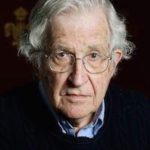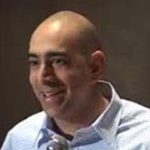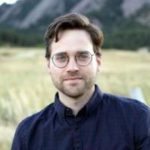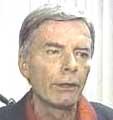Portents of a New Century
The 16th century began a 400 year period that transformed the world which brought great delight for a tiny minority of the world’s population. For the majority of humankind, it was a time of much anguish and tragedy. Eqbal Ahmad takes us through the 19th and 20th centuries from the World Wars to the Cold War with a special focus on the entrenchment of U.S. foreign policy in the Middle East. In this 1991 talk, he describes the crisis of the world as being “a changing world with an unchanging America on top of it,” warning that “the first place the price of this will be paid, will be in the Middle East.” Nearly three decades later, we continue to see the calamities of U.S. foreign policy in the Middle East wreak havoc on the region.
Speaker

Eqbal Ahmad
Eqbal Ahmad was Professor Emeritus of International Relations and Middle Eastern Studies at Hampshire College in Amherst, Massachusetts. He had an extraordinary life. He was born in Irki, Bihar to an Indian Muslim landowning family. His father was murdered because he was parceling out land to peasants. Upon the partition of India in 1947 he went to Pakistan. He came to the U.S. to attend Princeton. He was in Algeria during the revolt against French rule. For many years he was managing editor of Race and Class. His articles and essays appeared in The Nation and other journals throughout the world. He wrote a weekly column for Dawn, Pakistan’s oldest English newspaper. He was one of the most original and influential anti-imperialist thinkers of his era. He was a leading figure in the anti-Vietnam War movement. He was a remarkable and persuasive orator. As a teacher, he was mentor and inspiration to many. He was a close ally of Edward Said, Noam Chomsky and Howard Zinn. Edward Said called him “an intellectual unintimidated by power or authority.” Confronting Empire and Terrorism Theirs & Ours are the two books he did with David Barsamian. Eqbal Ahmad died in Islamabad on May 11, 1999.






Reviews
There are no reviews yet.